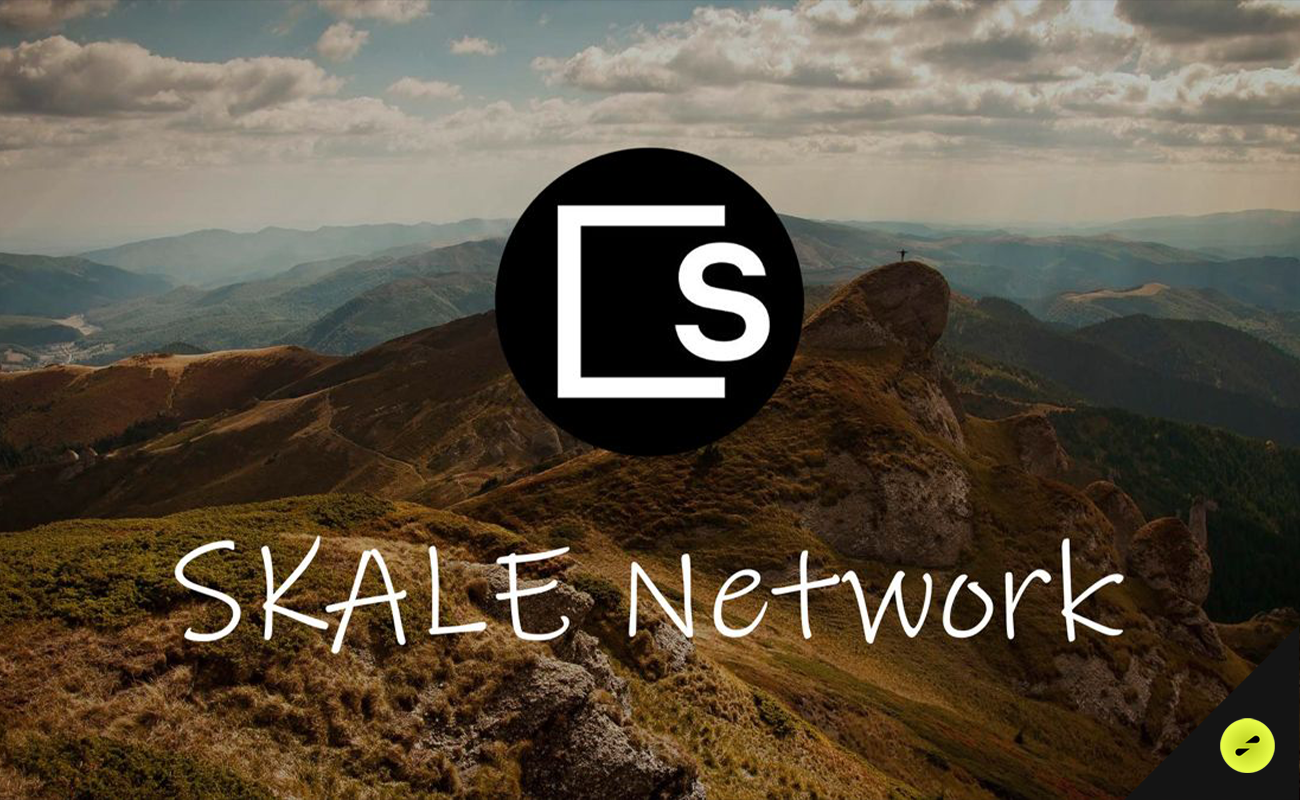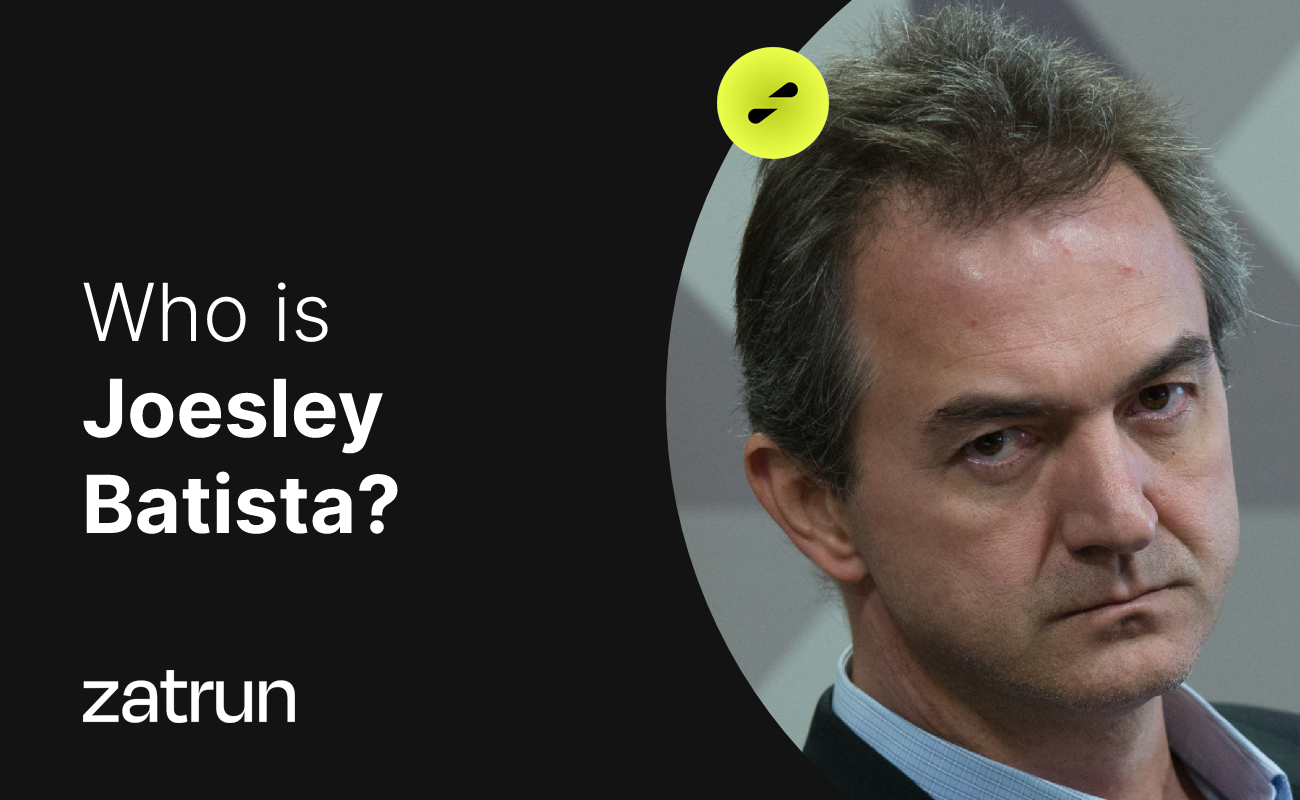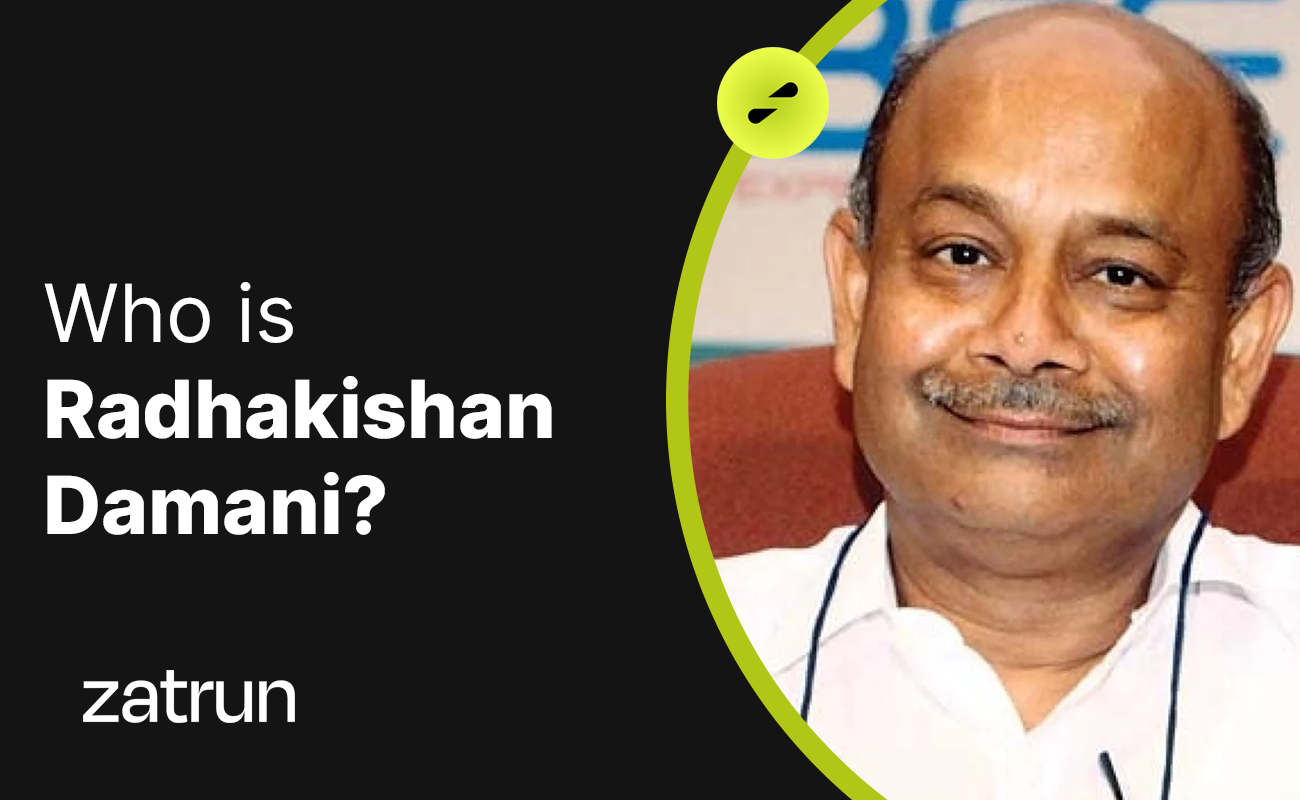SKALE Network (SKL) Token has become a rising star in the world of cryptocurrencies, especially among crypto traders and DeFi enthusiasts. This innovative blockchain project is dedicated to addressing the scalability challenges faced by Ethereum and other blockchain networks, promising elastic and feeless transactions, and it has certainly piqued the interest of both the Ethereum community and beyond.
SKALE Network (SKL) Token: Redefining Blockchain Scalability
SKALE Network introduces itself as the first fully interoperable blockchain network optimized for Web3 user experience and security. It’s designed to enable developers to deploy their own Ethereum Virtual Machine (EVM) blockchains within minutes. At the heart of this ambitious network lies the SKL Token, an ERC-20 token that plays a crucial role in ensuring the network’s liquidity and governance.
Exploring SKL: A Solution to Ethereum’s Scalability Woes
SKALE Network was conceived with the primary objective of bringing scalability to Ethereum (ETH). To accomplish this, SKALE Network provides independent chains, known as SKALE Chains, that offer fast, optional, pooled, and secure blockchains with zero gas fees for end-users. These chains cater to decentralized applications (DApps) or even shared chains, offering a wide array of possibilities for developers.
One of the most compelling features of SKALE Network is that developers can launch their own EVM blockchains on the SKALE network within minutes. This is achieved without compromising on security or decentralization and is supported by a gas-free environment. This project, which embraces an open-source and community-oriented approach, focuses on governance using the SKL Token. SKALE Network’s solution not only addresses Ethereum’s scalability issues but also tackles the problem of skyrocketing gas fees during network congestion.
The Visionaries Behind SKL: Meet the Founders
SKALE Network is the brainchild of two entrepreneurial figures in the software industry, Jack O’Holleran and Stan Kladko. Jack O’Holleran serves as the CEO of the project and brings a rich background in strategic consulting through his prior role as a founding partner at Aktana, a life sciences company. Stan Kladko, a co-founder of several companies such as Exchange and Claudessa, boasts a 16-year career in technology management in Silicon Valley.

Use Cases of SKL Token: Powering a Versatile Ecosystem
The SKL Token is at the core of SKALE Network’s versatile ecosystem and is utilized in various ways, including:
- Validating and Renting SKALE Chains: Users can validate a SKALE Chain by staking SKL Tokens for a specific duration and rent out the chain.
- Staking: Users can stake SKL Tokens to gain access to shared resources.
- Governance and Voting: SKL Tokens are used in governance and voting within the network.
- Wallet to Wallet or Exchange Transactions: SKL Tokens can be transferred between wallets and exchanged on listing platforms.
What Makes SKALE Network Stand Out?
SKALE Network’s distinct architecture sets it apart from its counterparts. Here are some of the unique features that make SKALE Network a compelling choice for developers and users alike:
- Solving Ethereum’s Scalability Issues: SKALE Network not only addresses Ethereum’s scalability challenges but also eliminates the problem of gas fee volatility that affects Ethereum and other blockchain networks.
- Shared Blockchain Capacity: Unlike traditional Layer 1 solutions, SKALE Network’s capacity increases with the participation of new nodes, making it a virtually unlimited resource.
- Performance and Security: SKALE offers an excellent user experience with instant block finality and a green approach to blockchain technology.
- Diverse Use Cases: SKALE Network caters to a wide range of applications, including gaming, DeFi, Web3, NFTs, DAOs, and e-commerce, ensuring its relevance to billions of people worldwide.
Advantages and Disadvantages of SKL Token
SKALE Network and its native token, SKL, have several advantages and some potential disadvantages:
Advantages:
- Zero Gas Fees: SKL Network offers users feeless transactions, eliminating one of the major pain points of using blockchain networks.
- Enhanced Ethereum Scalability: It addresses Ethereum’s scalability problems while offering a solution to high gas fees during network congestion.
- Open Source and Community-Focused: The project operates as an open-source initiative with a strong community focus.
- Staking Opportunities: SKL token holders can earn passive income through staking.
- High-Performance Network: SKL boasts impressive network performance.
Disadvantages:
- Inflationary Token Supply: The maximum supply of SKL Tokens is inflationary, which may affect token value.
- Price Volatility: Like many cryptocurrencies, SKL Tokens can experience price volatility.
- Security Considerations: For added security, SKL Tokens can be stored in a hardware wallet.
SKALE Network’s innovative approach to blockchain scalability and commitment to providing elastic and feeless transactions are making it a compelling choice for crypto enthusiasts and developers. To gain deeper insights and the latest updates on SKL Token, you can explore Zatrun.com, where our experts have conducted a comprehensive review of this promising project. Stay informed and make well-informed investment decisions with Zatrun.com’s expert analysis.












